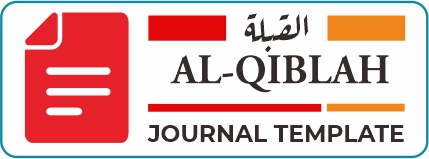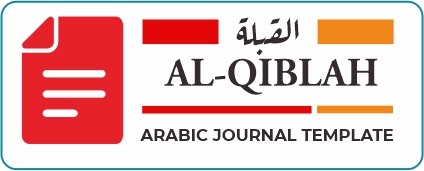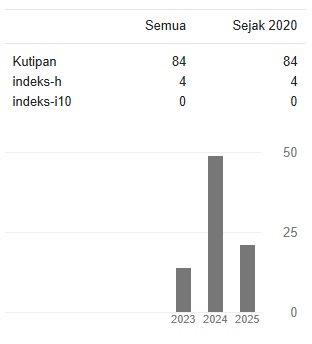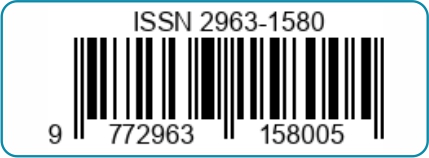Penggunaan Aplikasi Desain Gambar dan Video Bajakan untuk Dakwah dalam Perspektif Hukum Islam
Use of Piracy Image and Video Application for Preaching in the Perspective of Islamic Law
DOI:
https://doi.org/10.36701/qiblah.v3i3.1445Keywords:
application, piracy, image, video, preachingAbstract
This research aims to find out and understand legal concepts using pirated image design and video design applications for da'wah from an Islamic legal perspective. The method used in this research is a qualitative method with a normative approach as well as a philosophical and historical approach. The data sources come from primary data obtained from the Al-Qur'an and Hadith, secondary data in the form of written information from literature. Data collection uses the methods of reading, studying, reviewing, analyzing and the final stage of drawing conclusions. The research results found are as follows. First, based on the history of graphic design, in this case image and video design is now a necessity in almost all corners of life so both are important things today. Second, the legal origin of all acts of piracy is something that is not permitted because it is an act of taking someone else's rights without permission from the owner. This is also a big sin because the perpetrator is cursed by Allah SWT. Even though it is in the name of da'wah which is indeed an obligation, there are two conditions that make piracy of image and video design applications something that is permissible in emergency conditions for da'wah, namely paying attention to the signs and limits in application piracy behavior.
Downloads
References
al-Bukhāri, Shahih al-Bukhāri. Cet. I; Kairo: Dār Ibn al-Jauziy, 2010 M
Zed, Mestika Metode Penelitian Kepustakaan. Cet; Jakarta: Yayasan Obor Indonesia 2004 M.
al-Hajjaj, Muslim. Shahih Muslim Beirut: Dār Iḥyāi al-Tirāṡi al-‘Arabi, t.th.
Kaṯīr, Ismail ibn Umar. Tafsīr al-Quran al-‘Aẓīm, Juz 2 Cet. 1; Saudi Arabia: Dār Ibn al-Jauzy, 1431 H.
Kementrian Agama, Al-Qur’ān Dan Terjemah. Cet. I; Jakarta: Darma Kursa Utama, 2015.
Rizali, Ahmad. Sejarah Desain Grafis dan Perkembangannya di Indonesia, 2016
al-Sa’di, Abdurrahman. Taisīr al-Karīm al-Raḥmān, Juz 4 Saudi Arabia: Dār al- Iḥraki al-Mujtama’, 1416 H.
Suyanto, M. Aplikasi Desain Grafis untuk Periklanan dilengkapi Sampel Iklan Terbaik Kelas Dunia, Yogyakarta: Andi, 2004
Taymiya, Aḥmad ibn ʿAbd al-Ḥalīm ibn ʿAbd as-Salām Majmu’ al-Fatāwa, Juz 15. Cet. I; Saudi Arabia: al-Tab’ah al-Su’udiyah, 1398 H.
Wilman, Rahman. & Alfaizi Farhan. Mengenal Berbagai Macam Software 2014.
Jurnal
Majid, B. A., Vivianie, S., & Yusuf, B. Studi Evaluasi Penggunaan Software Bajakan Di Kalangan Mahasiswa Ftk Uin Ar-Raniry. Cyberspace: Jurnal Pendidikan Teknologi Informasi, 2018
Disertasi, Tesis, dan Skripsi
Najib, H. “Tinjauan Hukum Islam Terhadap Penggunaan Software Tak Berlisensi Pada Komputer Persewaan Jasa Internet Di “In-Tech”. Disertasi, Universitas Muhammadiyah Surakarta. 2014.
Situs dan Sumber Online
Hukum Software Bajakan Dalam Islam”, situs resmi Wahdah Islamiyah, https://wahdah.or.id/hukum-software-bajakan-dalam-islam/ (11 Mei 2020)
KBBI Daring. https://kbbi.kemdikbud.go.id/entri. (14 November 2019)



 FOCUS AND SCOPE
FOCUS AND SCOPE EDITORIAL TEAM
EDITORIAL TEAM












